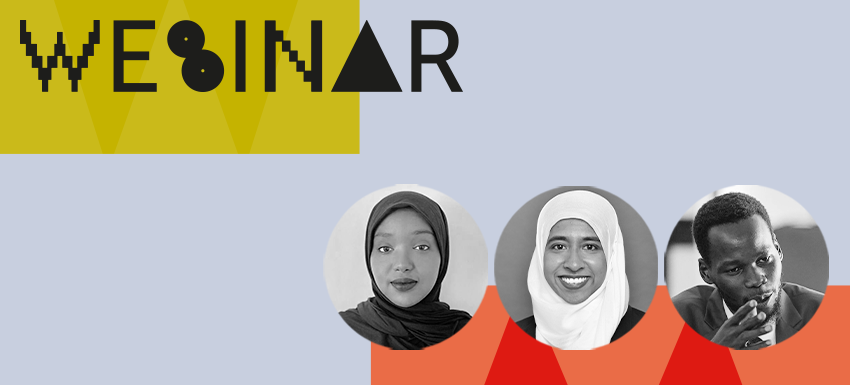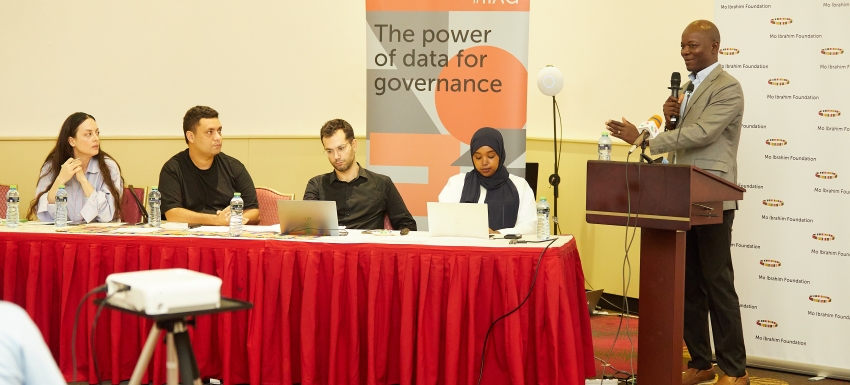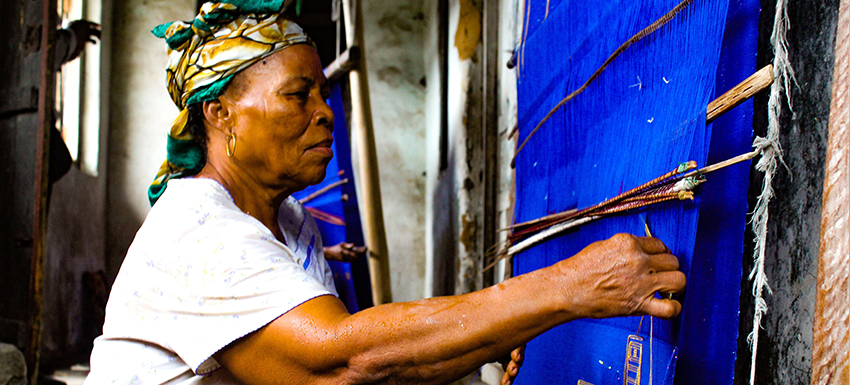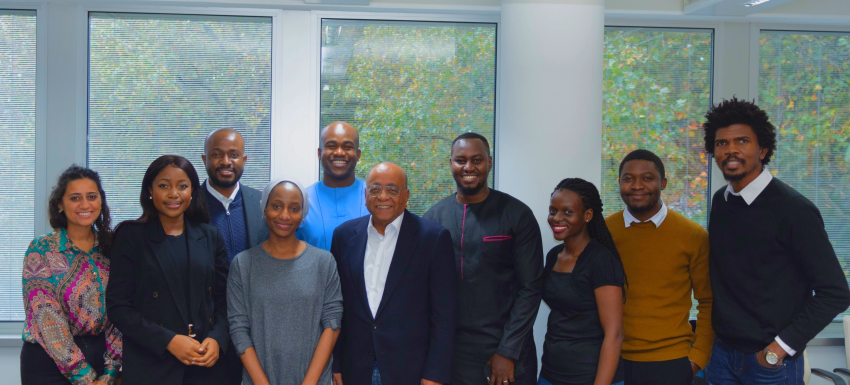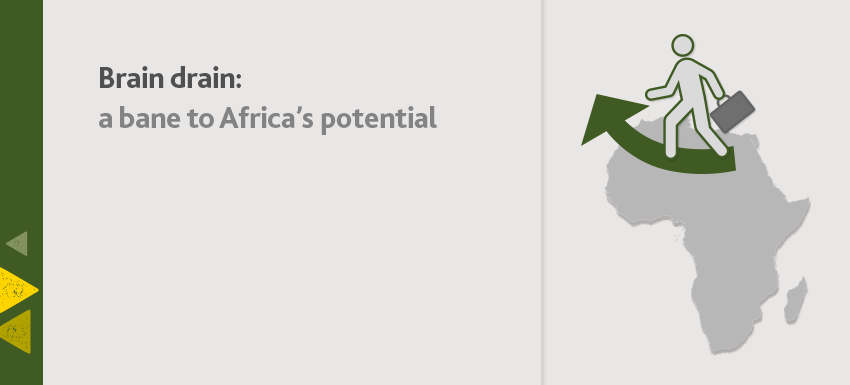As we embark into the second week of 2018 it is worth noting that 2017 was indeed a busy year for the continent.
First, for democracy. The 2017 Forum Report highlighted how in 2016, eight elections led to a change of power. Likewise, 2017 started on a positive note, as the Gambian people successfully concluded a difficult electoral process with ECOWAS playing an important role in ensuring a peaceful transition, illustrating the value of meaningful regional integration.

Over the course of the year, citizens from Angola, Kenya, Liberia, Rwanda and Somalia went to the polls to confirm or change their leaders. This resulted in some expected departures such as the end of José Eduardo dos Santos’ 38 years leadership in Angola, followed by the succession of the first female African head of state, Ellen Johnson Sirleaf in Liberia. There was as well the unexpected departure of Robert Mugabe in Zimbabwe. In addition, the unprecedented decision of the Kenyan Supreme Court to annul the first results of the presidential elections, illustrated the independence of the judiciary.

Nevertheless, elections and political transitions were not the only matter that marked the democratic landscape last year. While development of social media on the continent is strengthening citizens’ participation, 2017 saw concerning blockade of the internet and mobile phone services in some countries, such as Cameroon.

Additionally, natural disasters such as the mudslides in Sierra Leone and Democratic Republic of Congo coming shortly after the Ebola outbreak shows how the continent’s leaders are constantly faced with complex developmental challenges.
Looking ahead
The 2017 Ibrahim Index of African Governance (IIAG), which measures “the provision of the political, social and economic public goods and services that every citizen has the right to expect from his or her state, and that a state has the responsibility to deliver to its citizens”, revealed that in 2016 governance in Africa has reached its highest ever point. However, despite 40 countries having improved their governance performance in the last decade, more than half of those failed to capitalise on earlier successes and already show signs of slowing improvement or reversal with decline over the last five years.

In other words, the IIAG results show us that in recent years many African countries striving towards good governance seem to be slowing progress to implement and deliver policies that improve citizens living conditions. This results in inadequate provision of basic services, which remains one of the biggest obstacles to development.
Bearing this in mind, a functioning civil service is pivotal for ensuring basic rights such as civil registration, and producing vital statistics, which are pillars for designing effective policies and monitoring their results. Civil servants are major agents of change when it comes to governance and sustainable development, political stability, and achieving the overall objectives of the SDGs and the African Union Agenda 2063.
The delivery of public goods and services is at the core of the Mo Ibrahim Foundation’s definition of governance. To this end public institutions and the professional body of administrators who manage government policies – civil servants – are critical to renewing the contract between African governments and their citizens.
[su_highlight]Taking into account the global development agendas and the challenges of the 21st century, are African civil services fit for purpose?[/su_highlight]
Hosting its annual Ibrahim Governance Forum in Kigali, Rwanda in the first half of 2018, the Mo Ibrahim Foundation aims to create a broader debate on this matter and will therefore focus on civil service as a key actor for delivering governance on the continent.
Stay tuned to the Foundation’s upcoming projects and explore the 2017 IIAG data at iiag.online.


